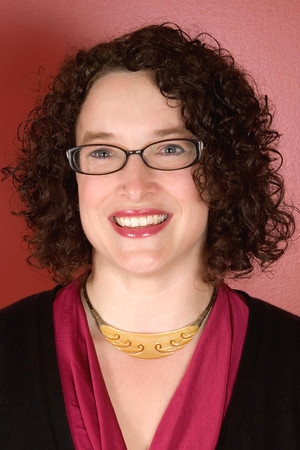Other Online Certificates and Courses
![]()
![]() Register Online
Register Online
![]() Call us at:
Call us at:
703-503-6300
![]() Send email to:
Send email to:
NOVAWorkforceAnswers@nvcc.edu
 Course Outline
Course Outline
Unit 1: Introduction to Nonprofit Evaluation & the Logic Model
• What evaluation is and is not
• Why evaluation is important to nonprofit organizations and why your funders are asking you for it
• Planning for evaluation begins when you apply for the grant
• Types of evaluation, and the approaches best suited to nonprofit programs
• Planning tools for evaluation – introduction to the logic model
• Crafting accurate, concise outcome statements
Unit 2: Creating an Evaluation Plan
• What an evaluation plan is and why you need one
• Using outcomes from our logic model to create your evaluation plan
• Setting priorities for your evaluation (navigating barriers based on budget, funder requirements, staff time and staff capacity)
• Creating indicators for your outcomes
• Defining benchmarks and targets where appropriate
Unit 3: Collecting the Data
• Taking stock of the data you already use
• Making data collection systematic
• Choosing and/or creating data collection tools – output information, surveys, interviews, focus groups
Unit 4: Analysis, Reporting and Use – Putting it All Together
• Appropriate analysis of the common data collection tools covered in Unit 3
• Common analysis mistakes and how to avoid them
• Reporting to various stakeholders (funders, donors, Board of Directors and the community)
• Using data for program improvement
 About online learning
About online learning
Online learning is a fun, enjoyable and very productive way to learn. Millions of people are learning online each year. You will engage with the instructor and other participants. You will get to know your instructor and other participants. You may make friends. It’s easy. It’s fun.
 How the Course Works
How the Course Works
It is easy to participate in your online course. After you register, you will be given a web address to go to get into your online classroom. You will have a password and use your email address and password to gain access.
Once inside the online classroom, here’s what you can expect.
 Participate when you want
Participate when you want
You can participate any time of day or evening. The online classroom is open 24 hours a day, 7 days a week.
There are no live real-time requirements or meetings. You decide when you participate.
For the best learning, participants should log into the course on 2-3 different days of the week.
 What You do:
What You do:
- In the online classroom, listen to audio lectures, view slides, even take an optional quiz to test yourself.
- Then post comments in the online discussion with your fellow participants and the instructor. Your instructor logs on once a day to answer questions and join in on the discussion.
- You also get a text to read 20 pages a week.
- Participate any time of day or night, as little or as often as you like. The ideal is to go online 2-3 times a week, but you decide.
It’s easy! It’s fun.
 Technical requirements:
Technical requirements:
-Internet access with Internet Explorer; Firefox Mozilla; or Safari web browser.
-Audio software such as Windows Media, Real, or Flash.
-Speakers to listen to audio.
June 3 - 28
August 5 - 30
November 4 - 29
$245.0000 USD
Ave. hours 16, 1.6 CEUs/ILUs
About Your Instructor
Course Objectives
1. To provide a basic understanding of evaluation in the nonprofit context
2. To provide tangible, useful information on how nonprofit professionals can plan and implement evaluation activities
3. To provide a basic understanding of how evaluation data is used in the nonprofit sector and how participants can improve their use of that data
4. To address the real-world challenges that nonprofit organizations face in conducting evaluation, and provide realistic solutions
Course Outcomes
At the end of this course, participants will:
• Understand what evaluation is, and what it is not.
• Be able to identify steps your organization can take right away to improve evaluation activities.
• Possess a completed program-logic model and evaluation plan.
• Know how to collect and analyze data properly.
• Know how to use that data to improve programs and report to funders and stakeholders.

